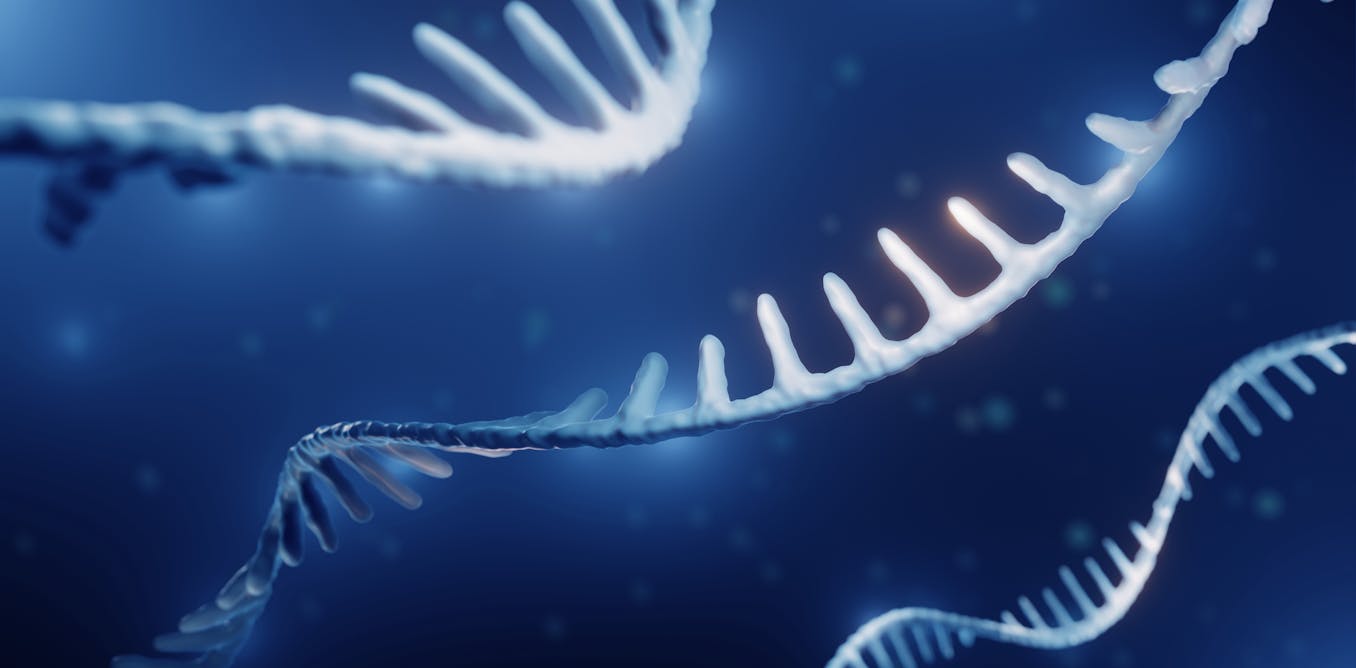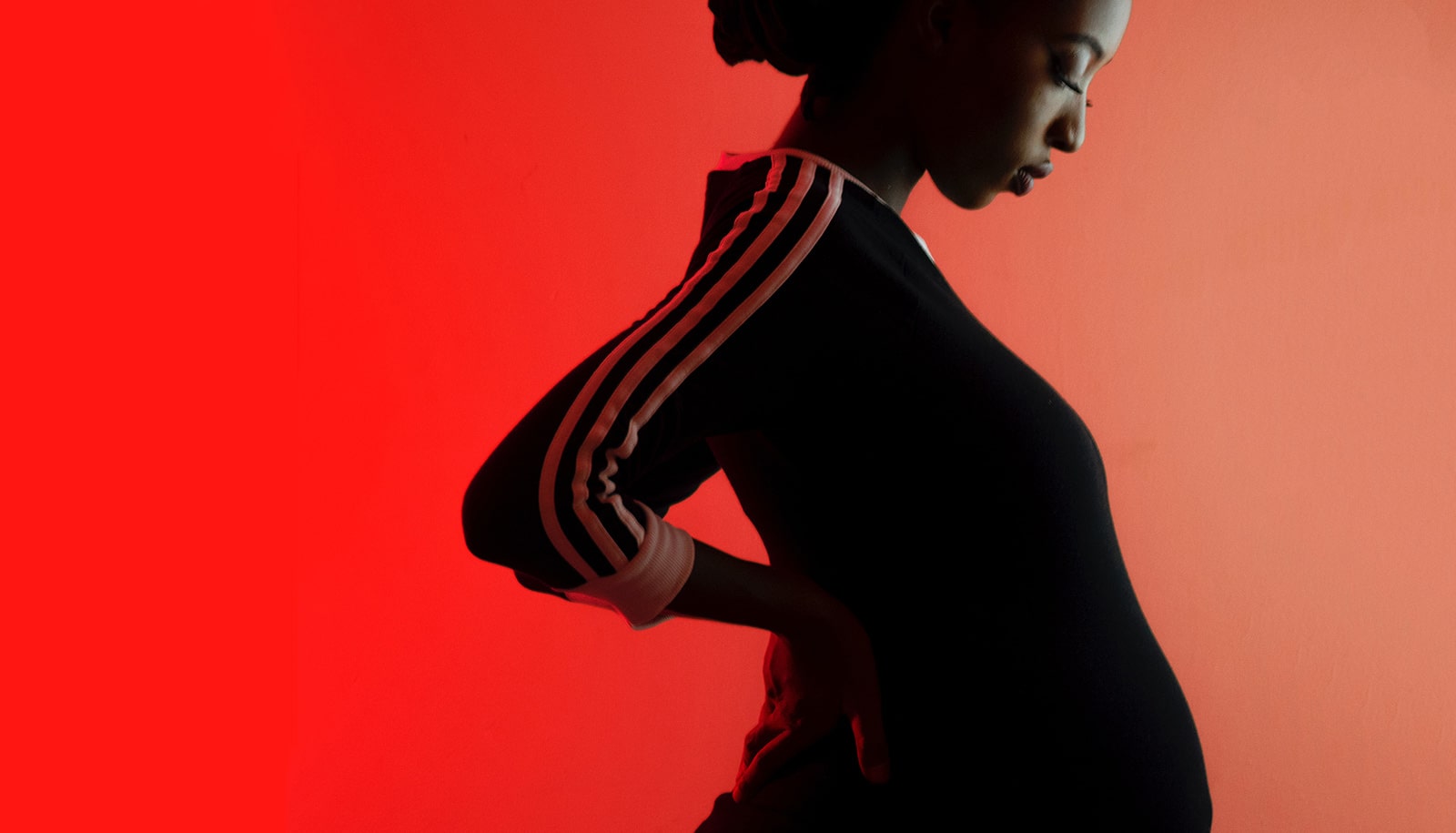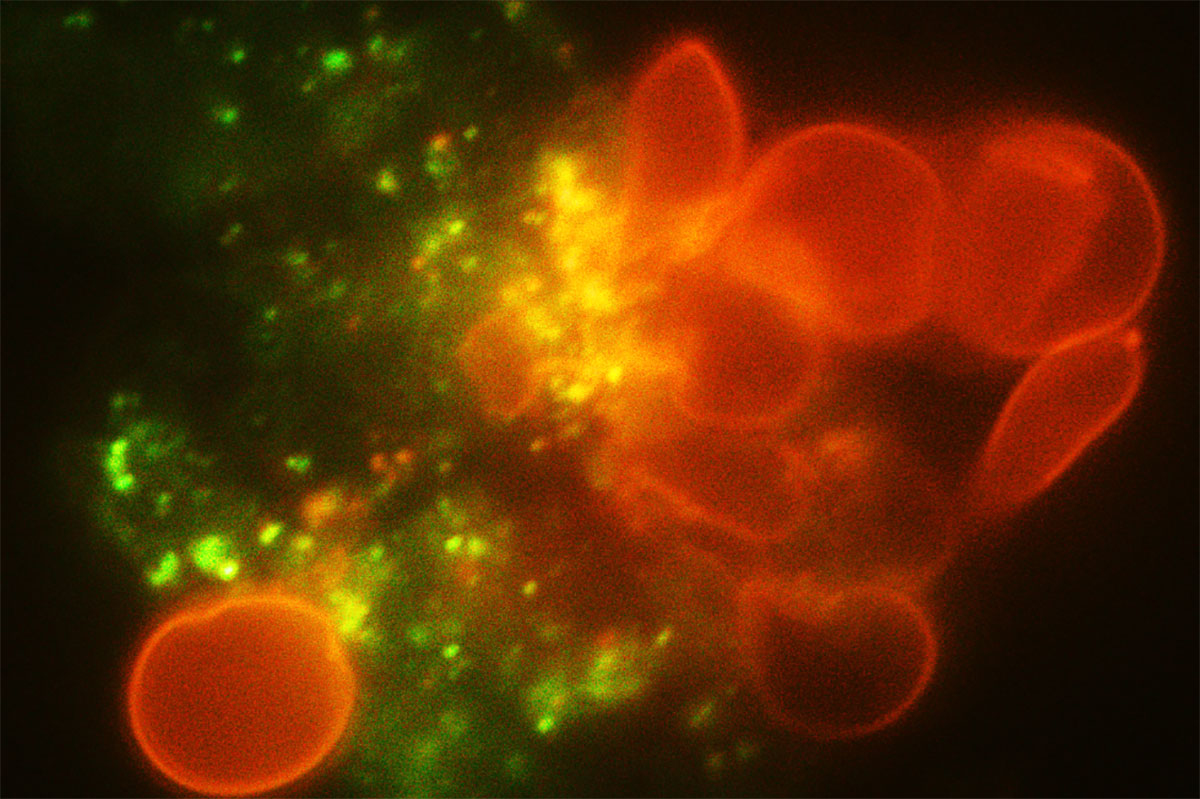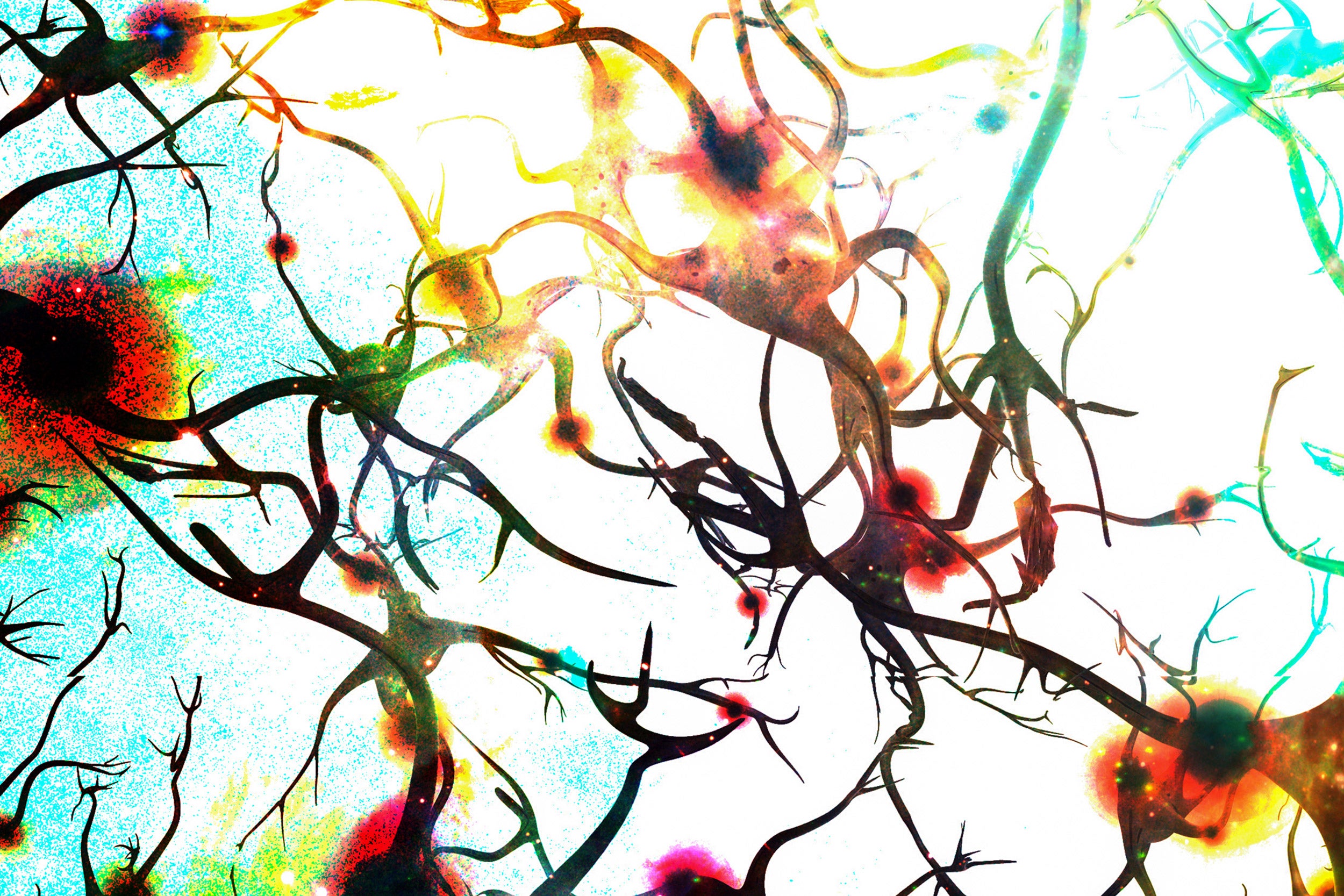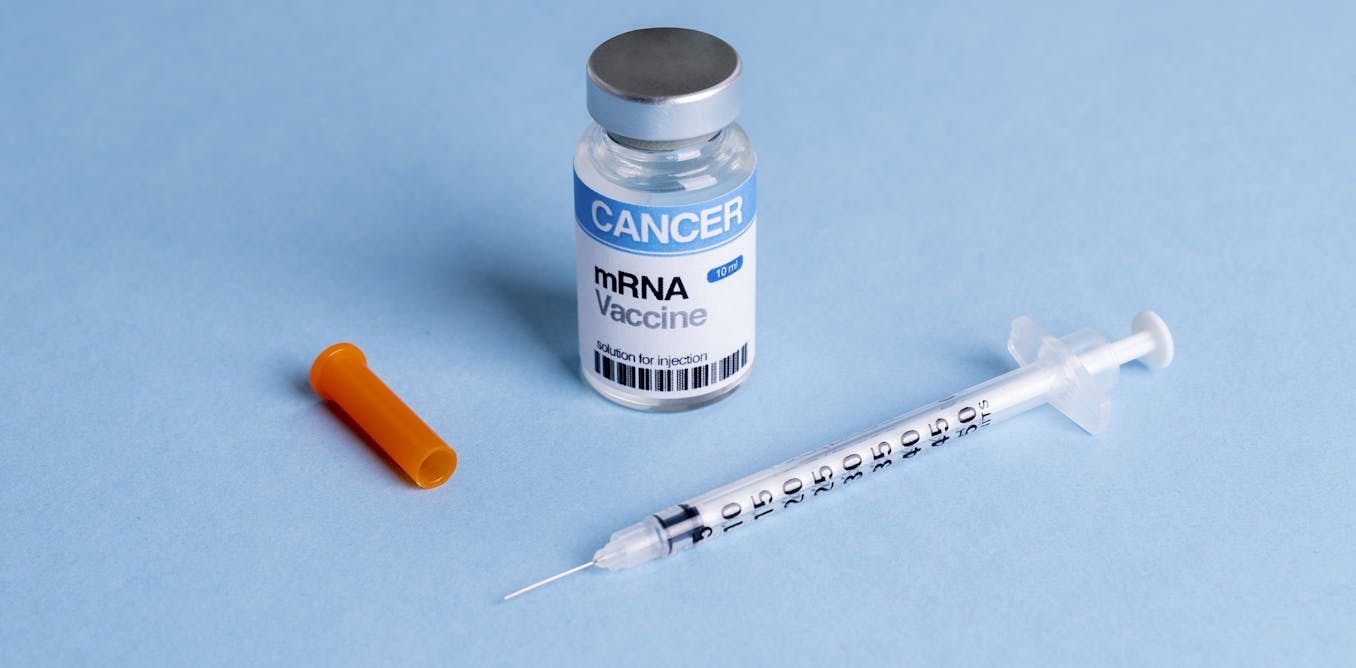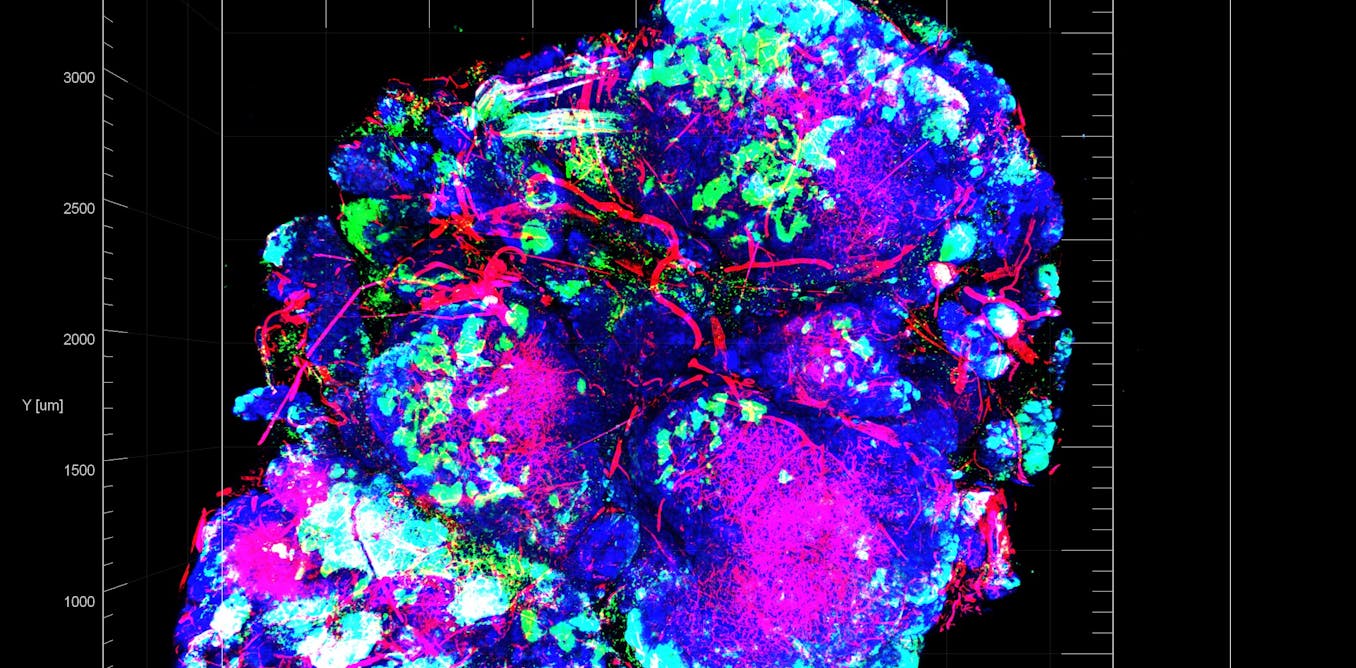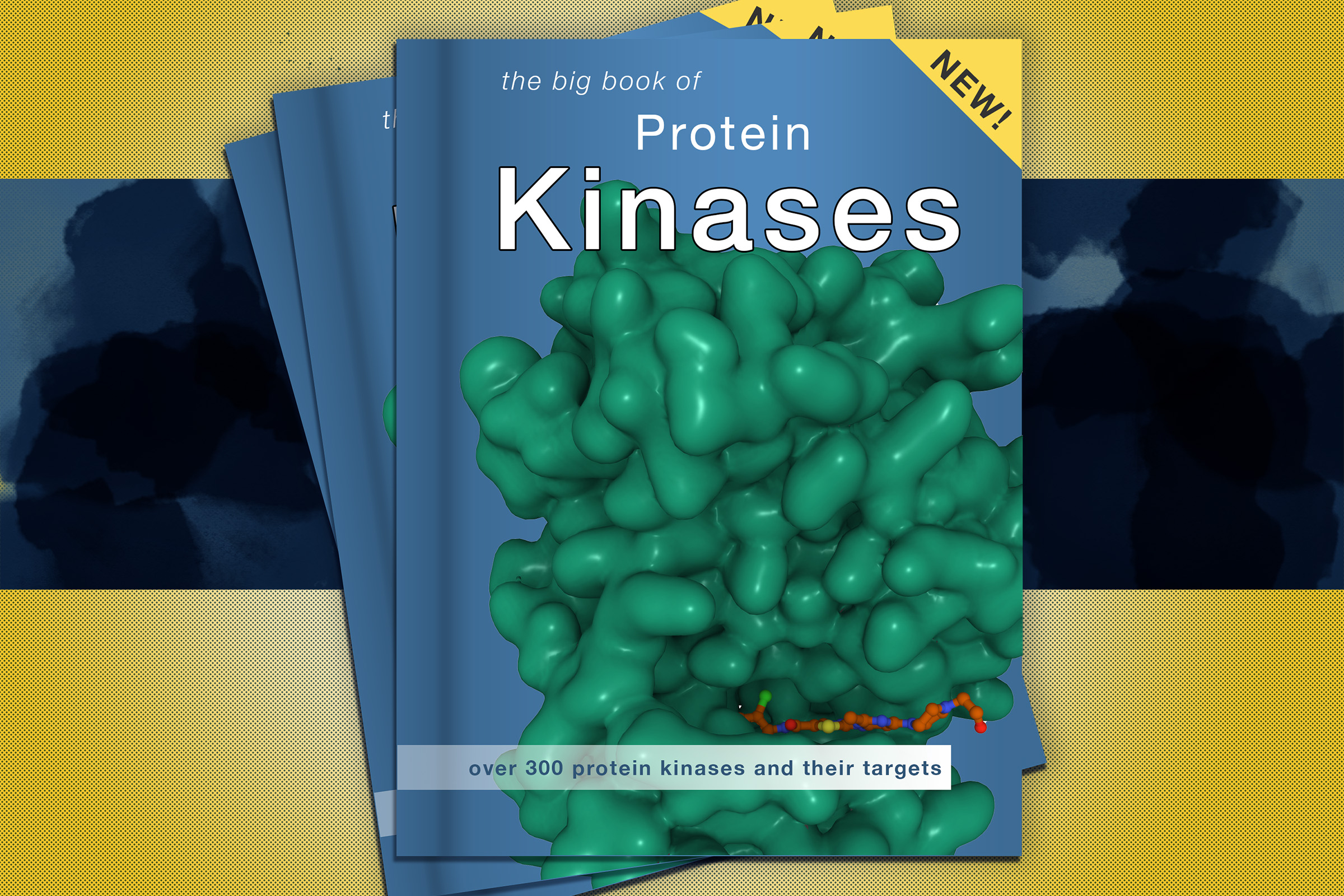Were viruses around on Earth before living cells emerged? A microbiologist explains
Fossil evidence of how the earliest life on Earth came to be is hard to come by. But scientists have come up with a few theories based on the microbes, viruses and prions existing today.
Feb. 20, 2023 • ~7 min

